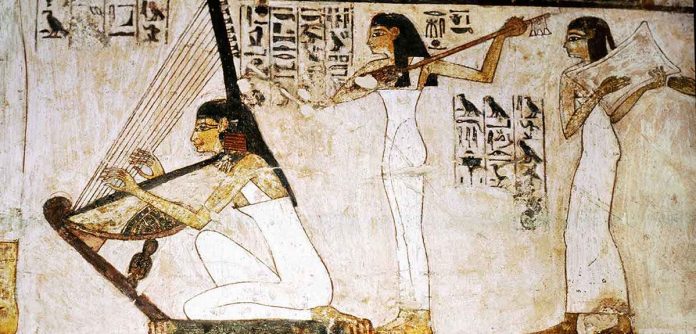Culture and belief form the basis of what is considered to be acoustically and musically pleasing. The variety of modern music and the appreciation of that music in a given venue is a reflection of ancient cultures and mythology according to research conducted by Steven J. Waller, an archaeo-acoustician with the American Institute of Physics. The study of the association of acoustics, echoes, and ancient cultures was presented at the session of the annual meeting of the Acoustical Society of America in Pittsburgh, Pennsylvania.
Waller examined the recorded mythology of cultures from across the globe. He also examined the acoustics involved with the locations that a variety of ancient cultures inhabited or worshiped in. Waller found that both recorded mythology and taste in music were directly associated with each other.
A large part of the enjoyment of music today is the use of the venue to produce echoes or the proper acoustics. People in ancient times sought out locations for habitations and places of worship that best projected a high quality of sound from the musical instruments of the day. In some instances the voice was the only instrument people used to define good listening quality.
Waller has uncovered an aspect of music that has never been considered previously. The music that our ancient ancestors made would possibly sound like noise to our untutored ears. That same sound not only produced enjoyment in the ancients but was even a representation of divinity. When your children drive you to distraction with “their music” do not be surprised if they point out that ancients like you enjoyed sound that was little like what you consider to be music.















